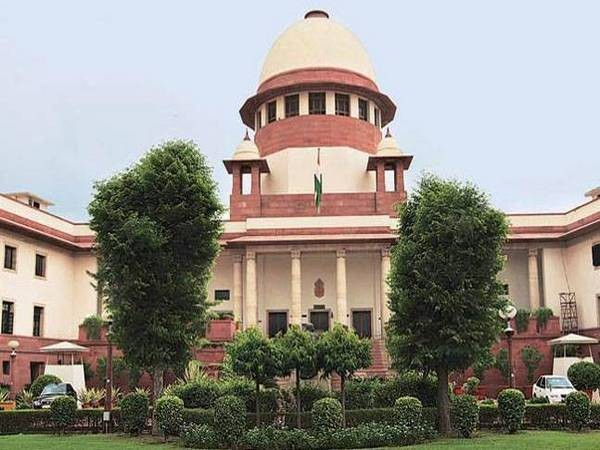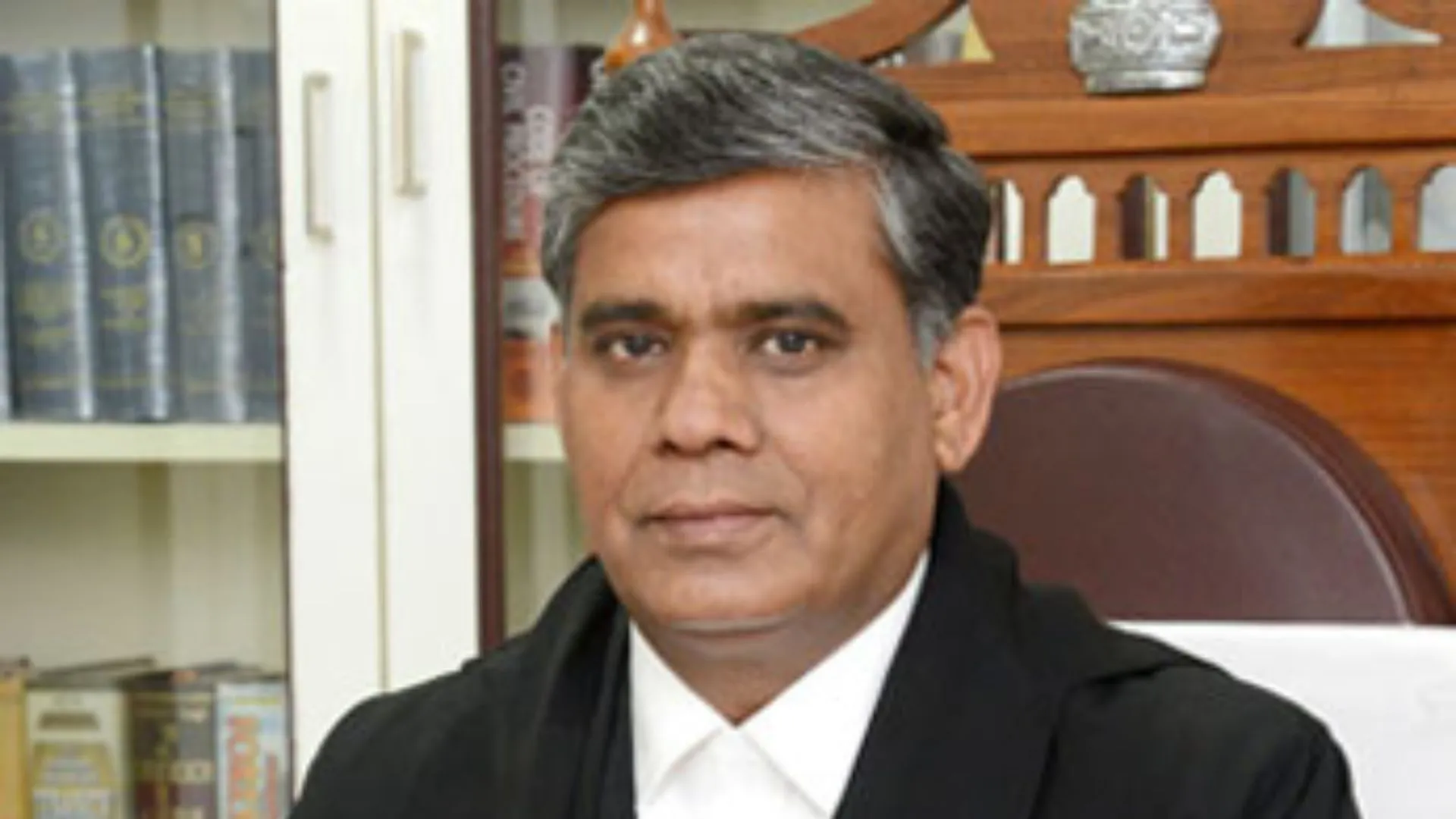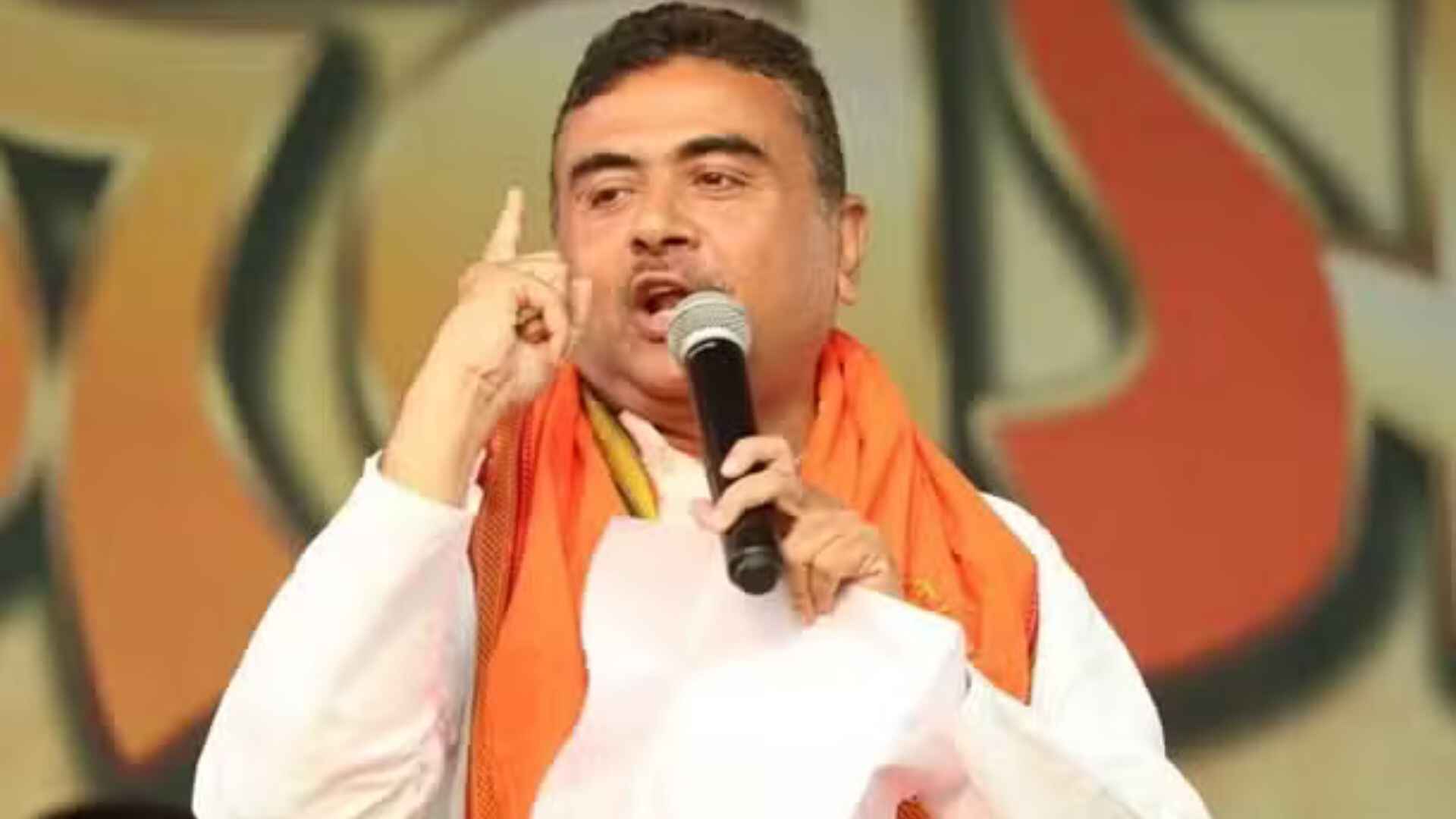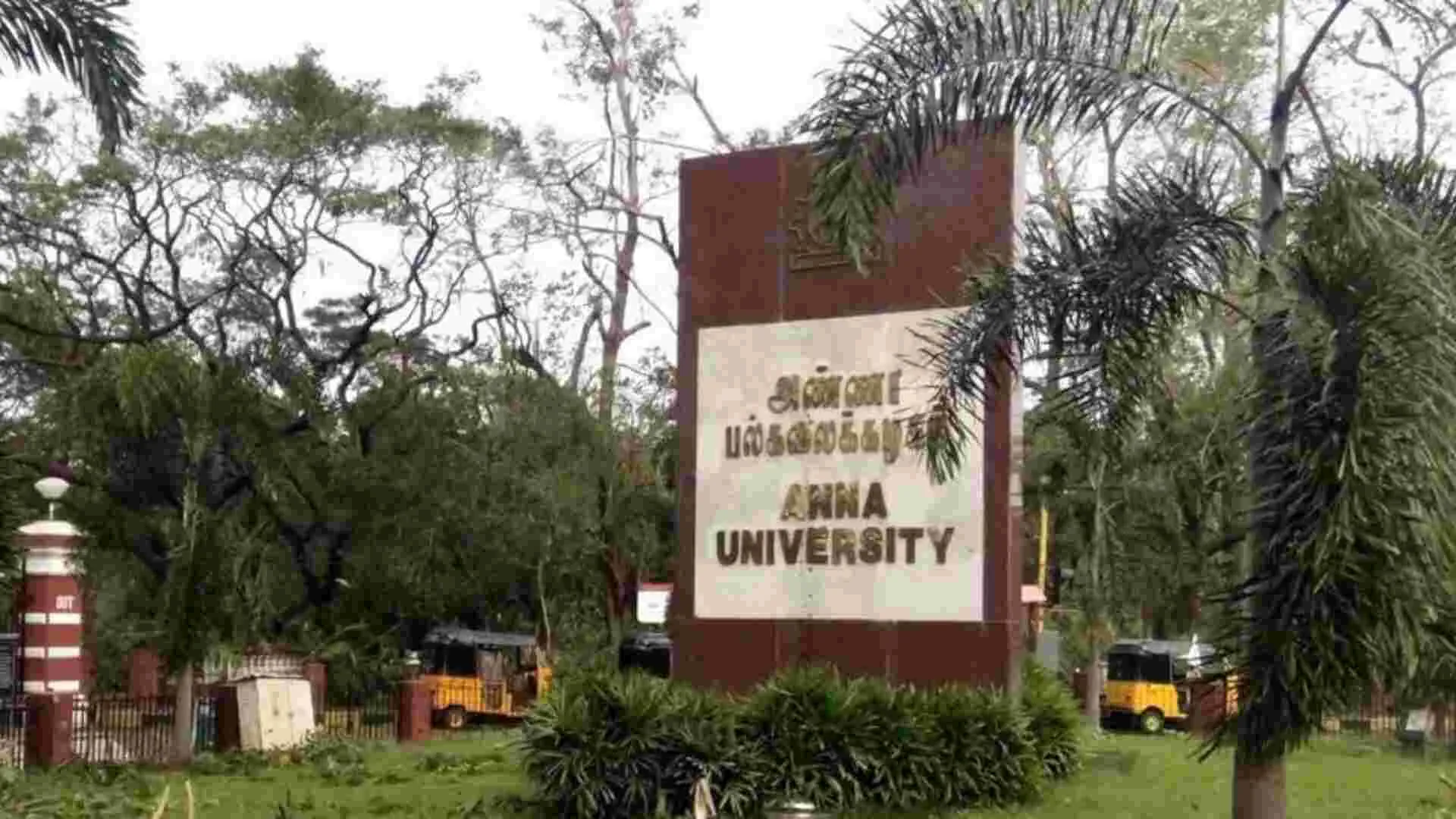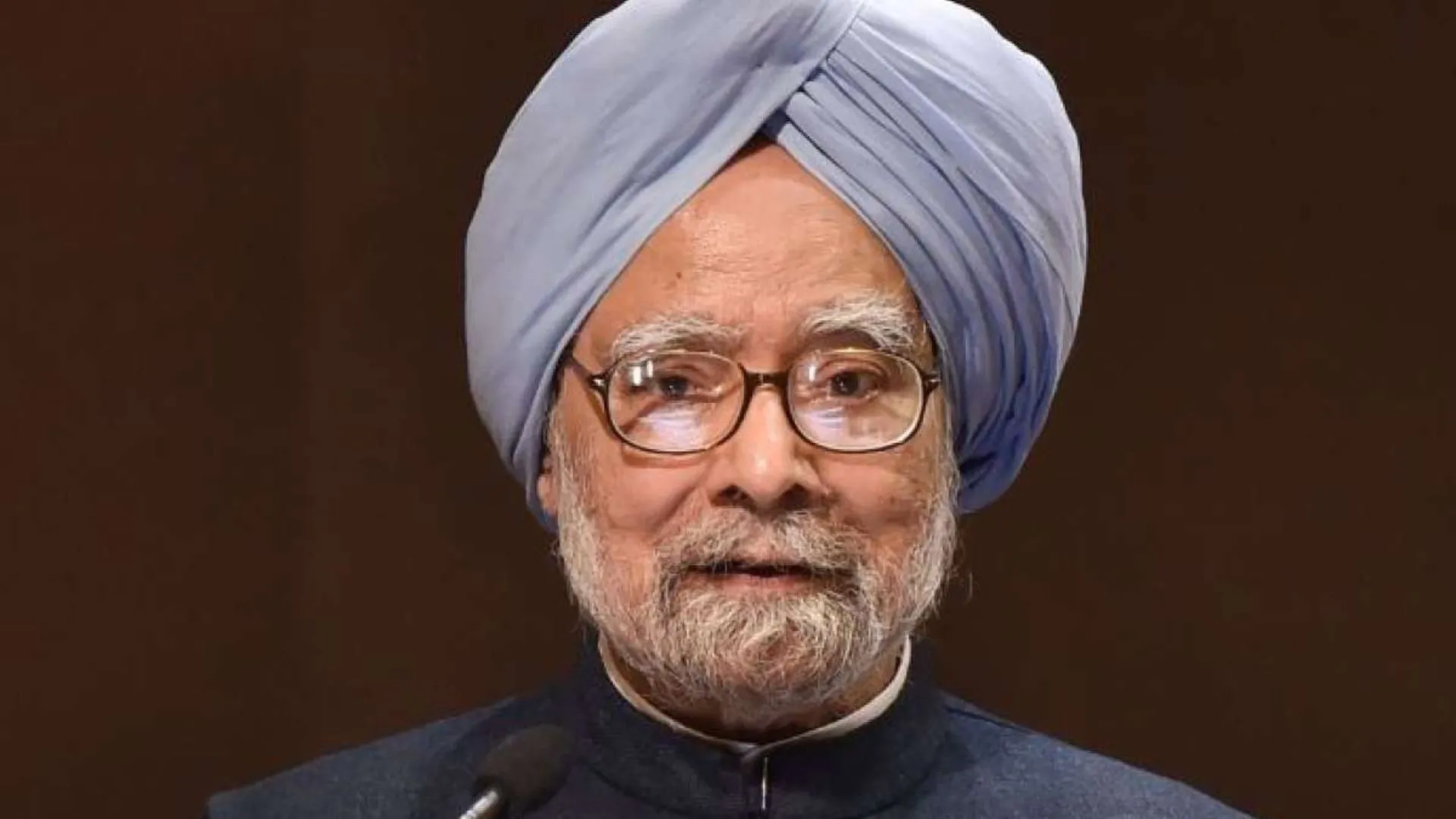The Tamil Nadu state government had recently moved a writ petition against Governor R N Ravi in the Supreme Court (SC) for delaying, failing to consider and giving assent to important Bills that had been passed by the Legislature. On Friday, the SC observed that “The issues raise a matter of serious concern.” The Bench issued a formal notice to the Union Government to respond to the Tamil Nadu government’s petition.
Senior advocates Abhishek Manu Singhvi, Mukul Rohatgi and P Wilson appeared for the Tamil Nadu government, and put forth that as per Article 200, the Governor had to return the Bills “as soon as possible”. Singhvi stated that important government decisions, like the Tamil Nadu Public Service Commission appointments, prosecution of public servants for corruption and release of prisoners, were still waiting for the Governor’s nod.
Senior advocate Wilson submitted that the Governor had not given his nod to any of these Bills nor others which revolved around education, public health, etc.
“The Governor by not signing remission orders, day-to-day files, appointment orders, approving recruitment orders, granting approval to prosecute Ministers, MLAs involved in corruption including transfer of investigation to CBI by Supreme Court and Bills passed by Tamil Nadu Legislative Assembly is bringing the entire administration to a grinding halt and creating adversarial attitude by not cooperating with the State administration,” the Tamil Nadu government said in its petition.
The petition further sought the Supreme Court to declare as illegal and arbitrary the “inaction, omission, delay and failure to comply with the constitutional mandate by the Governor of Tamil Nadu.”
Chief Justice Chandrachud, who led the Bench, stated that the Governor could give his assent or withhold consent to the Bills; if he withholds assent, the Bills can be returned to the House for amendments or refer the proposed laws to the President but the Governor could not sit on them indefinitely. The case is listed on 20 November for the next hearing.

